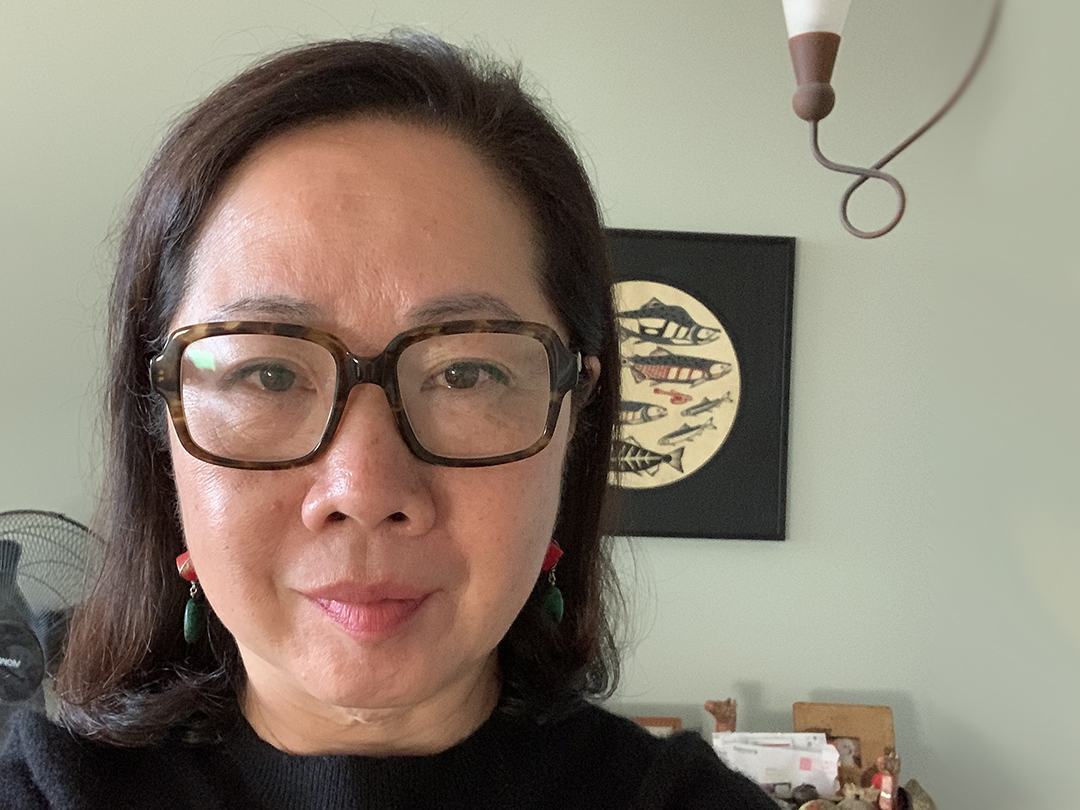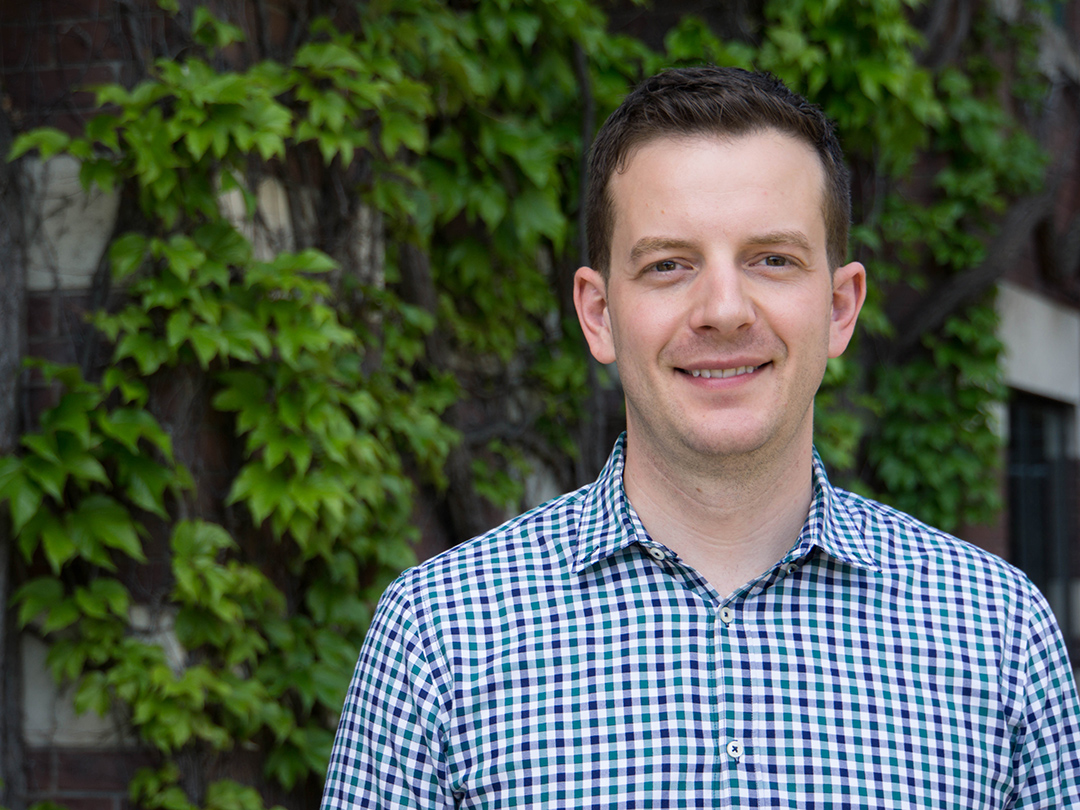Alumni spotlight: J-School alumni working in the nonprofit sector
Not every graduate of the school of journalism decides to join news companies or magazines. In fact, many journalists take on communication or engagement roles for various companies across the world— including joining one of the 86,000 non-profit organizations based within Canada. We talked to three journalists who have made their way in the nonprofit sector.
Rachel Pulfer

Rachel Pulfer currently holds the Executive Director position at Journalists for Human Rights (JHR), a non-profit media development organization.
What JHR stands for is “to make everyone in the world fully aware of their rights.” They have an impressive history of work, including starting programs in nearly 20 Sub-Saharan countries, training over 12,000 African students and journalists, partnering with over 250 African media organizations and plenty more outreach work since beginning in 2002.
Recently, Pulfer and her team have been focusing on Indigenous rights within Canada as well as how COVID-19 lockdowns have affected women and girls in Kenya.
“Development theory has shown that when you invest in the education and economic well-being of women and girls, entire communities benefit,” Pulfer said. “So we chose to focus on centring the voices and concerns of women and girls in these various places.”
Pulfer, who came from a background in business journalism, said she jumped at the chance to work at JHR. After becoming Executive Director in 2011, she founded the Indigenous reporters’ program.
“We adapted the media development methodology we’ve been using to help communities help themselves in West Africa,” Pulfer said. “We adapted that to Northern Ontario Indigenous communities, as well as working with non-Indigenous journalists on best practices of covering Indigenous topics.”
At JHR, journalists are educated on ways of covering issues like gender violence, Indigenous concerns, and misinformation. They further these practices by pairing trained journalists with civil society organizations so they can write about issues worldwide.
Pulfer says that the journalism she and her team do at JHR is just as real as more traditional forms of journalism, despite what others might say.
“I’ve been attacked by representatives from mainstream outlets saying, ‘how is what you’re doing not different from advocacy?’” She said, “In my view, [the work JHR does] is delivering balance, accuracy and fairness.”
Winnie Hwo

Winnie Hwo is currently the senior public engagement specialist at the David Suzuki Foundation, a non-profit organization that focuses on conservation, protection and sustainability across Canada.
For Hwo, specifically, her day-to-day life is sectioned into three major parts.
“Currently, 70 per cent of my time is with the National Butterfly Way project,” Hwo said. “So that is to engage volunteers from across the country to plant native plants for wild pollinators.”
On top of the butterfly project, Hwo leads a team called the Sustainable Diversity Network, which focuses on the intersection between diverse communities and sustainability. She also acts as a spokesperson for the David Suzuki Foundation when speaking to various Chinese media organizations that exist across the country.
Before joining the David Suzuki Foundation, Hwo was the director of news and current affairs at Fairchild Vancouver for nearly a decade.
“I think about after 10 years, there’s such a thing as burnout,” Hwo said. “But I don’t think burning out was because of journalism. I was burnt out because of the administrative duty. I saw myself more as a reporter than a news director.”
After originally joining the David Suzuki Foundation for a one-year contract, Hwo joined the foundation permanently 11 years ago.
When asked for advice for students interested in joining a non-profit, Hwo gave the school of journalism the same answer she gave her 25-year-old son: get experience working outside the field.
“I think it’s really important for a young person to have that real-life experience.”
Danny Glenwright

Danny Glenwright is the newly-appointed president and CEO of Save the Children Canada, the well-known non-profit that advocates for the rights of children worldwide.
As he has only been in the position for six months, Glenwright has spent a lot of time getting to know each member of the save the children team.
“I committed to doing a one-on-one with everybody that works at Save the Children Canada in the first three months, which is almost 100 people,” Glenwright said.
This is not Glenwright’s first time working for a non-profit organization. He spent six years as executive director at Action Against Hunger before joining Save the Children.
“The reason I got into journalism was because I was interested in the world, and I wanted to work internationally,” Glenwright said. “I wanted to contribute to international affairs in some way, that was where my interest always was.”
After graduating from J-school, Glenwright worked in various communication roles for non-profits in places like Namibia, Sierra Leone and Palestine.
“I’ve only ever worked in the nonprofit (world) except for the internship that I did right after I was at the university,” he said. “But the reason I didn’t stick there is because it was one of those roles where I sat on the phone every day and made calls. I never left the newsroom.”
Glenwright says that taking risks opens doors to more interesting opportunities.
“Take the risk. Do something different, because other people aren’t and it might seem crazy at the moment, but you’ll never know. If you don’t do it, you’ll always wonder what if?”